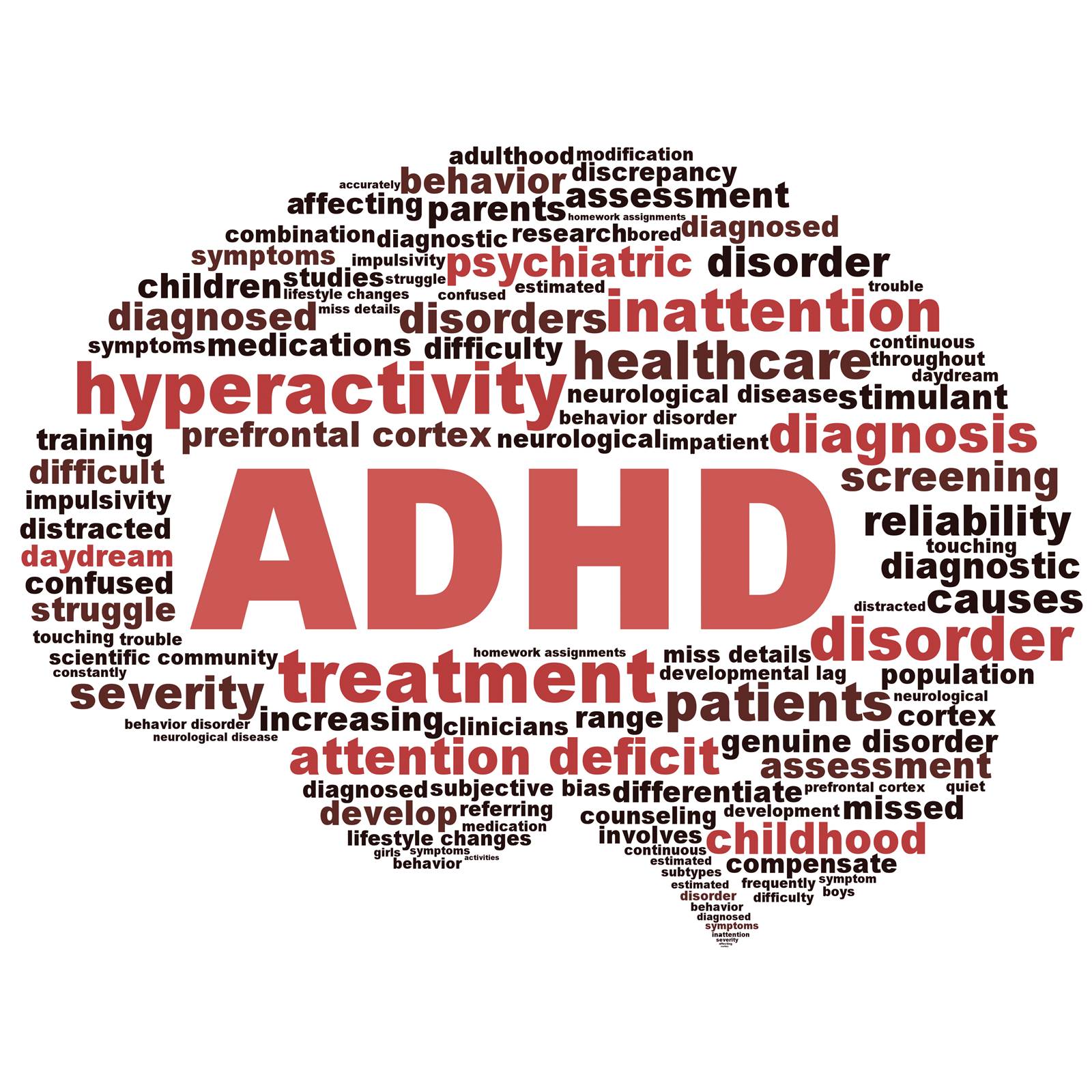
In the United States, at least 9 percent of school-aged children have been diagnosed with ADHD, and are taking pharmaceutical medications. In France, the percentage of kids diagnosed and medicated for ADHD is less than .5 percent
French child psychiatrists, on the other hand, view ADHD as a medical condition that has psycho-social and situational causes. Instead of treating children’s focusing and behavioral problems with drugs, French doctors prefer to look for the underlying issue that is causing the child distress—not in the child’s brain but in the child’s social context. They then choose to treat the underlying social context problem with psychotherapy or family counseling. This is a very different way of seeing things from the American tendency to attribute all symptoms to a biological dysfunction such as a chemical imbalance in the child’s brain.
The French holistic, psychosocial approach also allows for considering nutritional causes for ADHD-type symptoms—specifically the fact that the behavior of some children is worsened after eating foods with artificial colors, certain preservatives, and/or allergens. Clinicians who work with troubled children in this country—not to mention parents of many ADHD kids—are well aware that dietary interventions can sometimes help a child’s problem. In the U.S., the strict focus on pharmaceutical treatment of ADHD, however, encourages clinicians to ignore the influence of dietary factors on children’s behavior.
And then, of course, there are the vastly different philosophies of child-rearing in the U.S. and France. These divergent philosophies could account for why French children are generally better-behaved than their American counterparts. Pamela Druckerman highlights the divergent parenting styles in her recent book, Bringing up Bébé. I believe her insights are relevant to a discussion of why French children are not diagnosed with ADHD in anything like the numbers we are seeing in the U.S.
From the time their children are born, French parents provide them with a firm cadre—the word means “frame” or “structure.” Children are not allowed, for example, to snack whenever they want. Mealtimes are at four specific times of the day. French children learn to wait patiently for meals, rather than eating snack foods whenever they feel like it. French babies, too, are expected to conform to limits set by parents and not by their crying selves. French parents let their babies “cry it out” (for no more than a few minutes of course) if they are not sleeping through the night at the age of four months.
French parents, Druckerman observes, love their children just as much as American parents. They give them piano lessons, take them to sports practice, and encourage them to make the most of their talents. But French parents have a different philosophy of discipline. Consistently enforced limits, in the French view, make children feel safe and secure. Clear limits, they believe, actually make a child feel happier and safer—something that is congruent with my own experience as both a therapist and a parent. Finally, French parents believe that hearing the word “no” rescues children from the “tyranny of their own desires.” And spanking, when used judiciously, is not considered child abuse in France. (Author’s note: I am not personally in favor of spanking children).
As a therapist who works with children, it makes perfect sense to me that French children don’t need medications to control their behavior because they learn self-control early in their lives. The children grow up in families in which the rules are well-understood, and a clear family hierarchy is firmly in place. In French families, as Druckerman describes them, parents are firmly in charge of their kids—instead of the American family style, in which the situation is all too often vice versa.
I choose to take from this a positive reflection on what balance means to me in my home. I want to know more about the underlying emotional issues that are linked to kids with ADHD and why they get diagnosed. I want to read more and educate myself on clinical trials that have been performed on my parenting styles. There is NEVER a wrong or right way to parent. There will always be the parents that let their kids get away with everything, have no structure and their kids end up being fabulous citizens to society. Then there will be the parents that were hard on their kids, gave them too much structure, and their kids were the ones getting caught sneaking out and always in and out of a police car. For me it comes down to CONSCIOUS PARENTING. Know your children, know what works for them, listen to them, understand them, and of course stay true to your beliefs and what works for you as a parent.
Copyright © Marilyn Wedge, Ph.D.